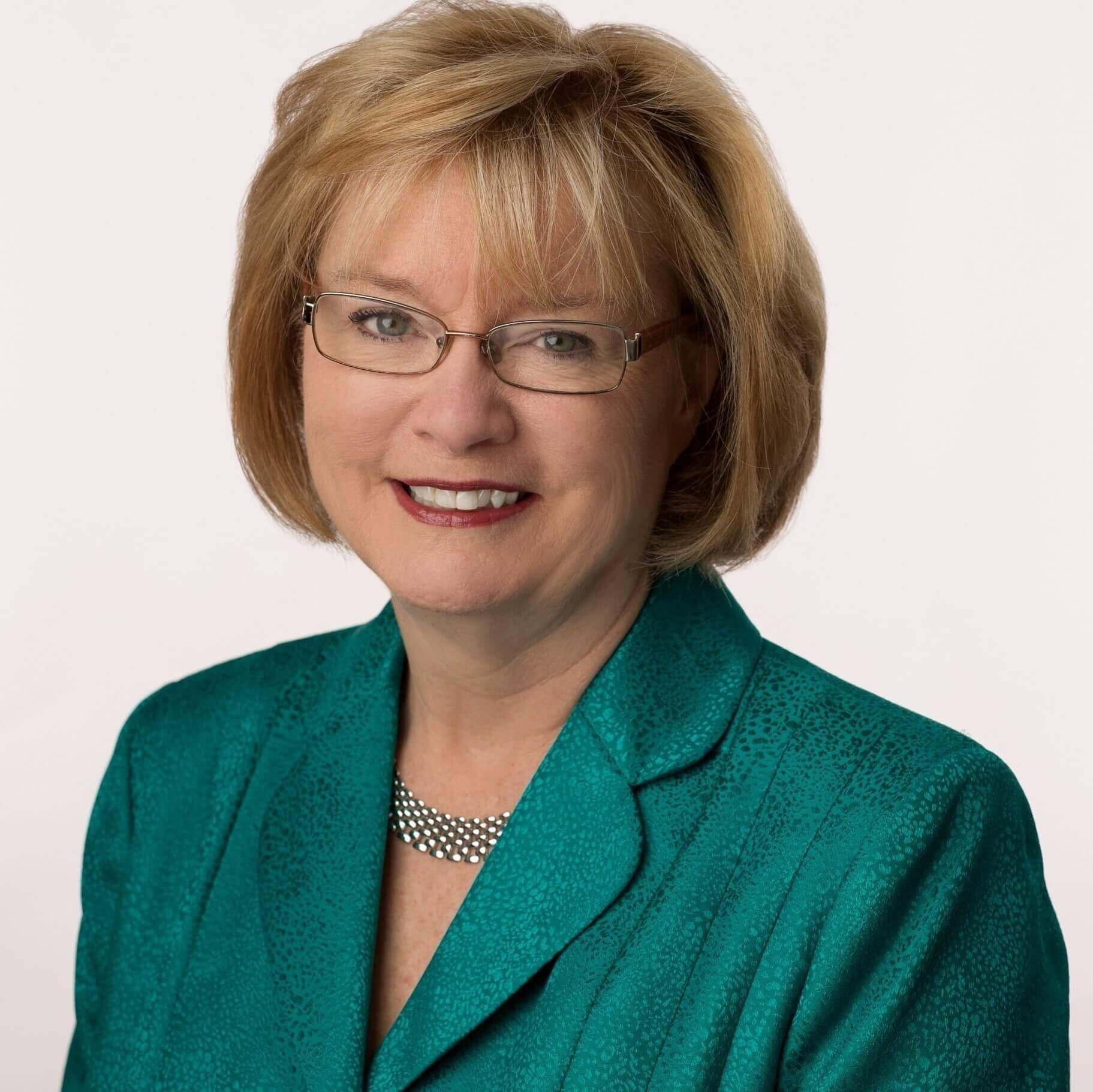Spotlight on members
Get to know ARVO President Maureen Maguire, PhD, FARVO
 Maureen Maguire, PhD, FARVO, is the Carolyn F. Jones Professor of Ophthalmology and director of the Center for Preventive Ophthalmology & Biostatistics (CPOB) in the Perelman School of Medicine, University of Pennsylvania. She also serves as the ARVO Clinical/Epidemiologic Research Section Trustee. Maguire began her term as ARVO president in June 2021. In this issue of ARVONews she offers a glimpse into her professional background and career influences, plus shares her vision for ARVO during her tenure.
Maureen Maguire, PhD, FARVO, is the Carolyn F. Jones Professor of Ophthalmology and director of the Center for Preventive Ophthalmology & Biostatistics (CPOB) in the Perelman School of Medicine, University of Pennsylvania. She also serves as the ARVO Clinical/Epidemiologic Research Section Trustee. Maguire began her term as ARVO president in June 2021. In this issue of ARVONews she offers a glimpse into her professional background and career influences, plus shares her vision for ARVO during her tenure.
What were the most influential factors that helped you choose your career path?
As a daughter of a dentist and a nurse, I always found health and medicine interesting and I loved my mathematics courses. Biostatistics seemed to be a good marriage of my interests and enrolling in a graduate program at the Johns Hopkins Bloomberg School of Public Health opened up a new world to me. Students were from many countries with tremendously different backgrounds and health systems. Many of my classmates were already leaders in their home country.
Seeing the tremendous impact that well-designed and properly analyzed research studies could make on the health of large numbers of people, I knew I wanted to be involved in some area of medical research. I was lucky to be offered a part-time job during graduate school, and later a faculty position, at the Johns Hopkins Wilmer Institute working in the biostatistics consulting center and on multicenter clinical trials. The late 1970s and early 80s were very exciting times with major breakthroughs in treatment of common and devastating diseases such as diabetic retinopathy, age-related macular degeneration (AMD) and xerophthalmia. Clinical trials were essential in establishing their value. I became hooked on clinical research in eye disease.
What have been some of the highlights of your career to date?
A great benefit of a career in multicenter clinical research projects is working closely with outstanding researchers, not only from my home institution, but also throughout the nation and other countries. Each major project has been a highlight because of the opportunity to collaborate with a new team of fully engaged clinicians, imaging experts, data management specialists, laboratory scientists, health economists and others to design and execute the best study possible.
Nonetheless, the greatest highlight was my work with the leadership team of the Comparison of Age-related Macular Degeneration Treatments Trials (CATT). We faced tremendous hurdles in making the trial feasible. The study results demonstrated that low-cost bevacizumab was as effective as ranibizumab in preserving visual acuity in patients with neovascular AMD. CATT laid the groundwork for enabling vision-saving treatment of people in low-income countries with an effective anti-VEGF agent and allowed expanded access in other countries.
Tell us about your involvement with ARVO through the years. Any particularly memorable/ favorite experience(s)?
Like most ARVO members, I first attended the Annual Meeting as a graduate student and was overwhelmed by the diversity of the research presented and the enthusiasm of the researchers. Over the years I have been able to participate in platform presentations, posters, special interest groups (SIGS), mini-symposia, workshops and educations courses — ARVO offers so many different forums for pulling people together who share a common interest and for those who want to educate themselves in a new area.
Serving on the Annual Meeting Planning Committee and Board of Trustees required time and effort, but was a small investment in return for the reward of working collaboratively with a great group of people contributing to the Annual Meeting and other ARVO activities throughout the year.
My favorite ARVO activity though is strolling through the aisles of posters, checking out the latest developments in many areas, bumping into old friends and making new acquaintances. I missed that very much these past two pandemic years!
What vision or hopes do you have for 2020-21 as ARVO president?
I think there will be a lot of opportunities in the next year for evaluating all the changes that were made in carrying out our research and in communicating our research to others. The pandemic accelerated the adoption of video conferencing and forced improvements in the technology. While we all miss face-to-face interactions, virtual meetings and presentations expanded access to a wider audience allowing for scheduling flexibility and eliminating travel costs — we need to weigh these considerations as we plan for the future. Unfortunately, many research programs were suspended or curtailed during the pandemic, but I hope we will see a resurgence of research in this coming year. I expect that the Annual Meeting, anticipated to be in Denver, Colorado, will be packed with new results and thousands of ARVO members eager to discuss them.
Any additional thoughts you would like to share witht the ARVO membership?
The past one-and-a-half years have been very difficult for nearly everyone. As we emerge from the pandemic, we can shape the new normal, perhaps with a better focus on and appreciation of what is important and what is not.
